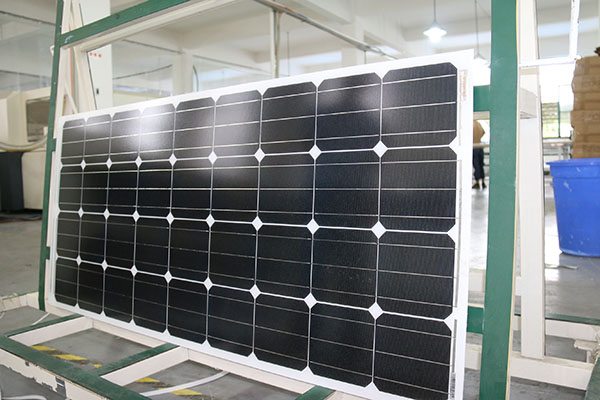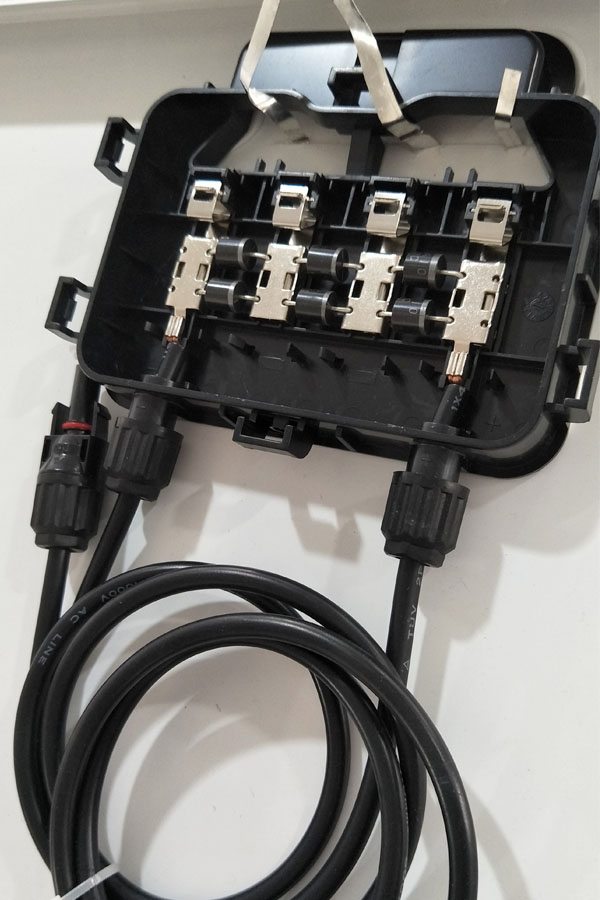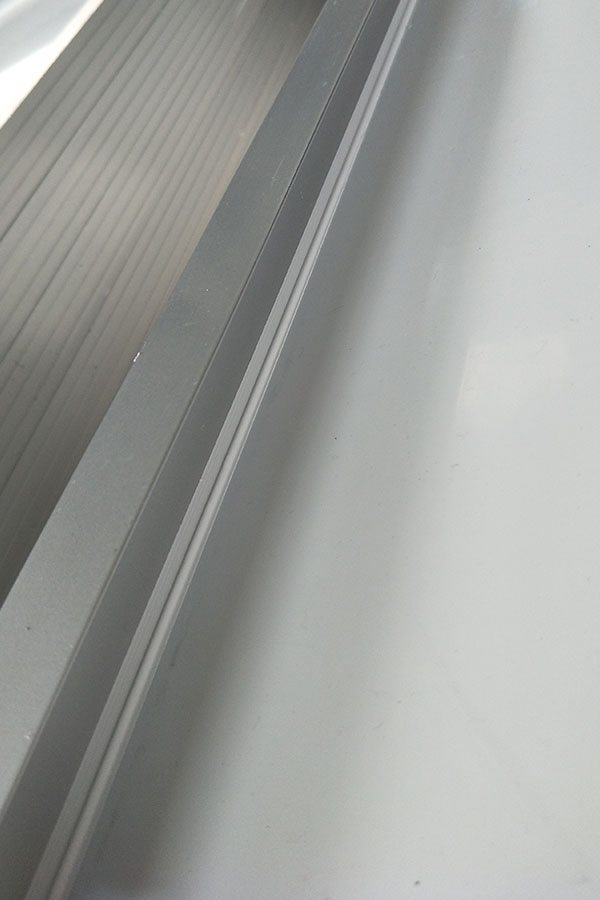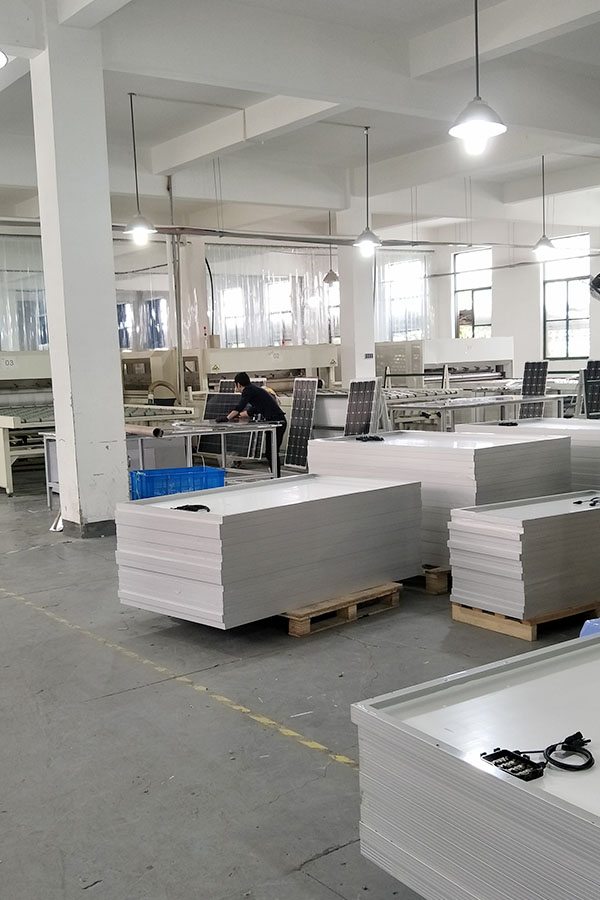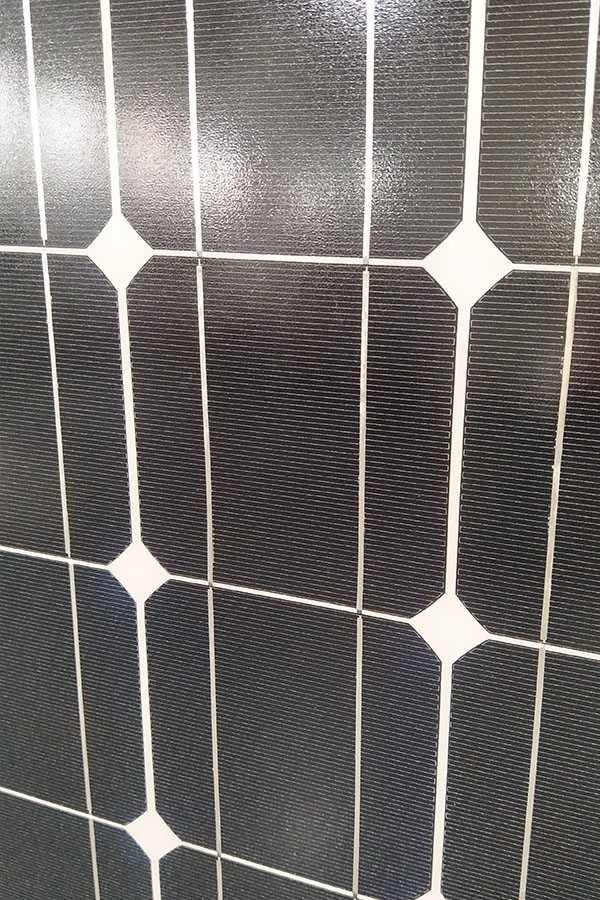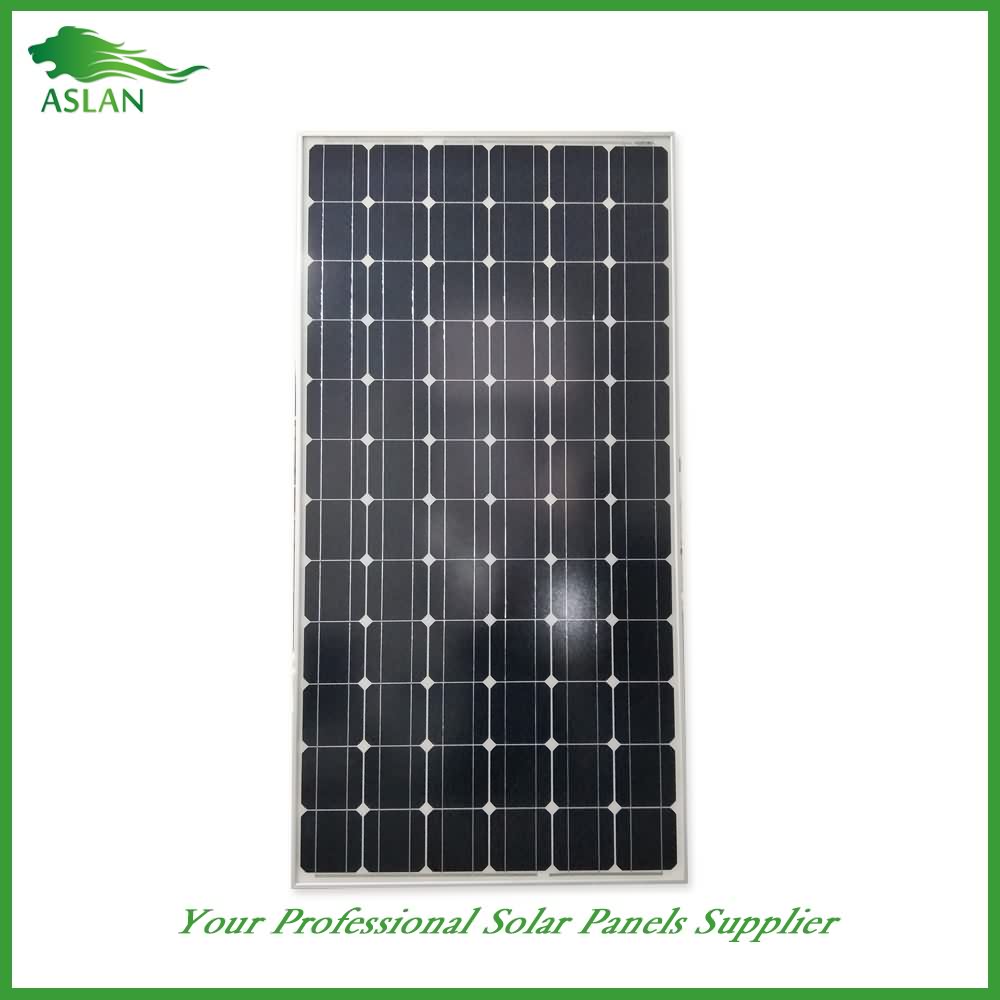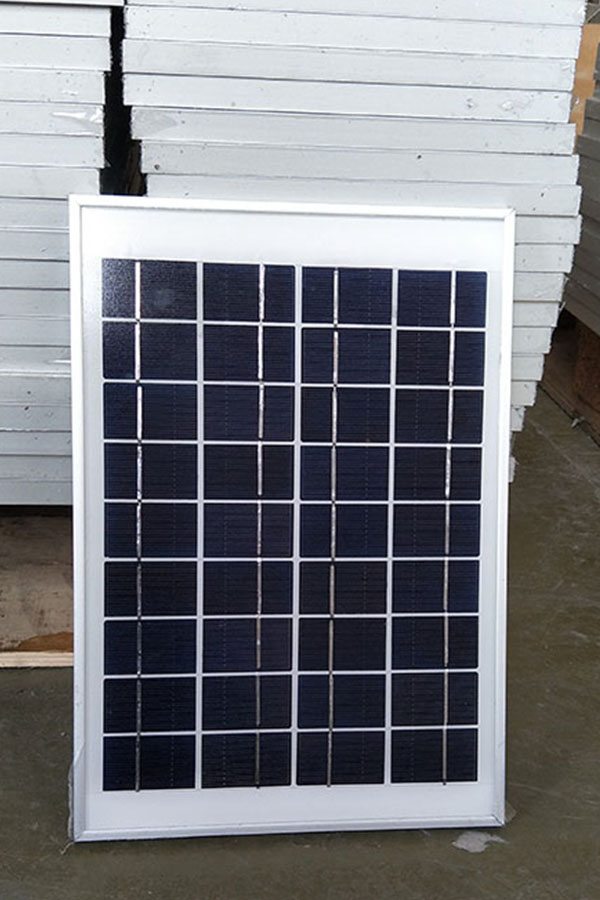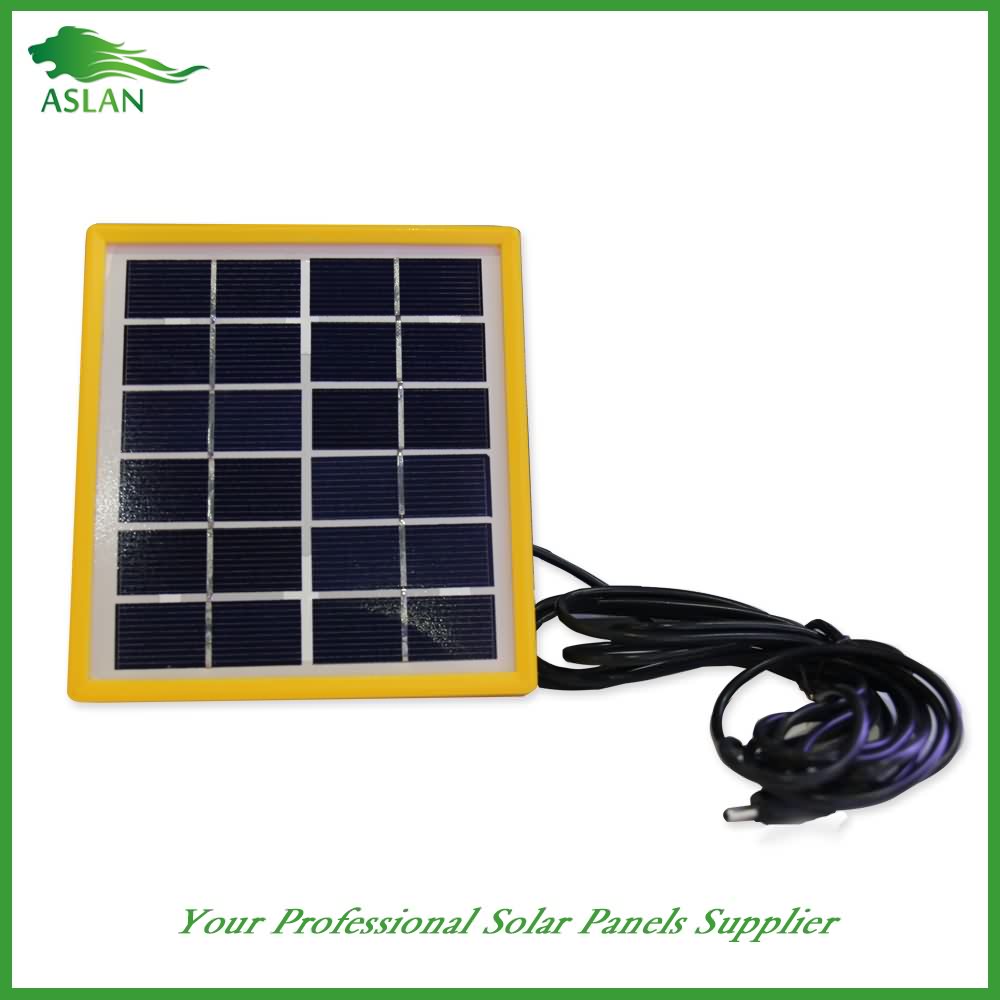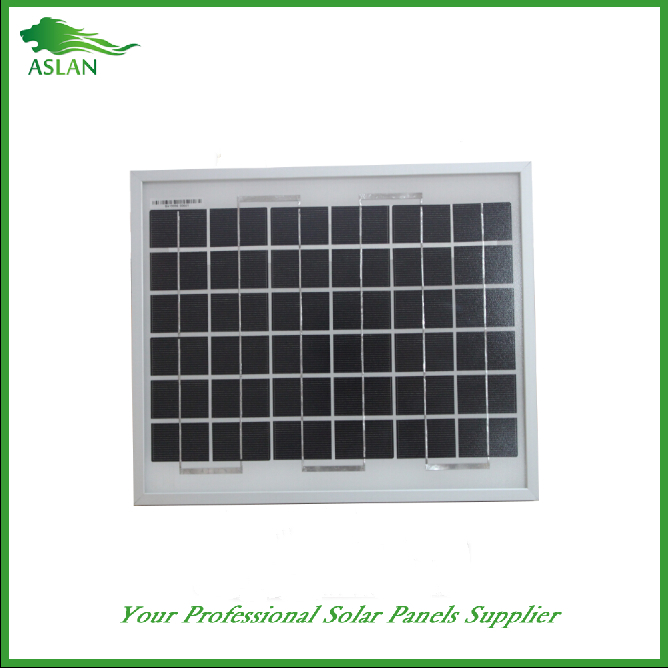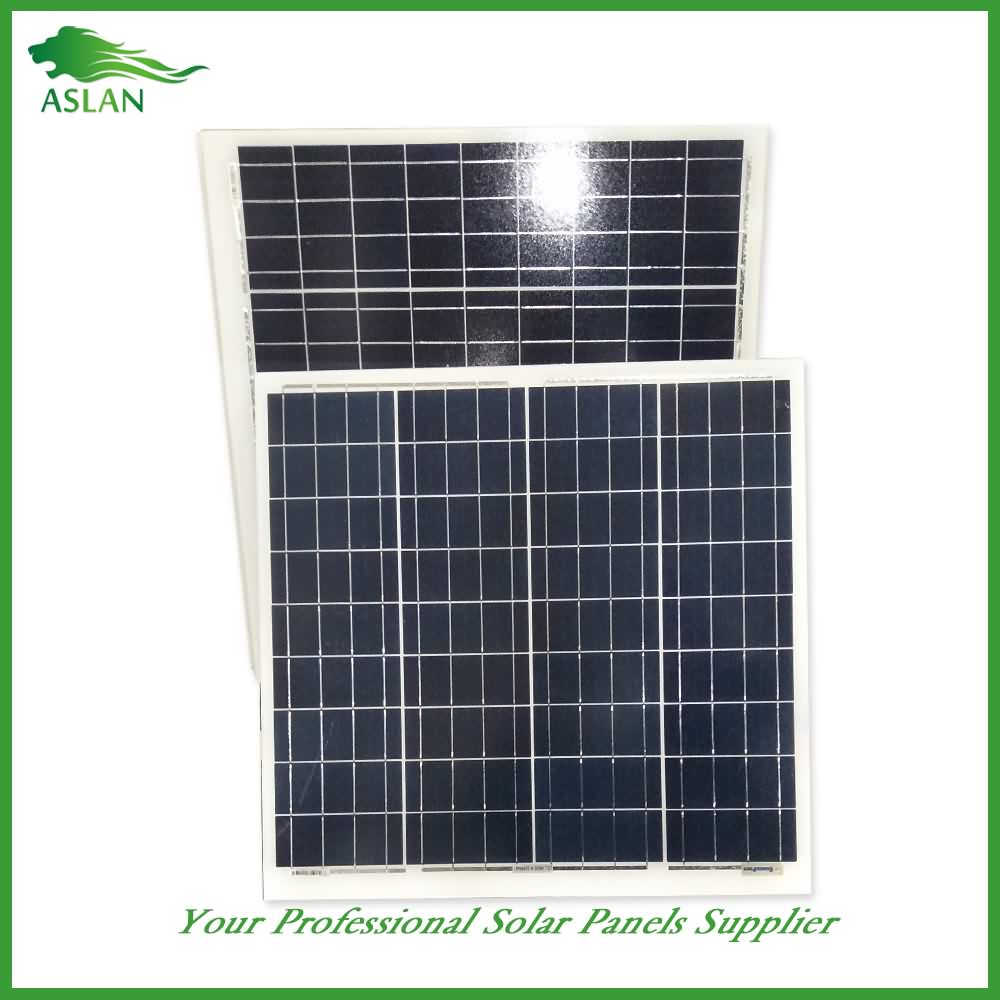Factory selling Mono-Crystalline 180W Solar Panel Factory in Norway
Short Description:
Our commission is to serve our users and clients with best quality and competitive portable digital products for Factory selling Mono-Crystalline 180W Solar Panel Factory in Norway, We welcome new and old customers from all walks of life to contact us for future business relationships and achieving mutual success!
Mono-Crystalline 180W Solar Panel
Technical parameter
Maximum Power(W) 180W
Optimum Power Voltage(Vmp) 36.42V
Optimum Operating Current(Imp) 4.96A
Open Circuit Voltage(Voc) 44.45V
Short Circuit Current(Isc) 5.44A
Mechanical Characteristics
Cell Type Mono-crystalline 125x125mm (5 inch)
No of Cell 72 (6x12pcs)
Dimensions 1580x808x35mm
Weight 14.5Kg
Front Glass 3.2mm,High Transmission, Low Iron,Tempered Glass
Junction box IP65 Rated
Output Cable TUV 1×4.0mm2/UL12AWG,Length:900mm
Temperature and Coefficients
Operating Temperature(°C): -40°C ~ + 85°C
Maximum System Voltage: 600V(UL)/1000V(IEC) DC
Maximum Rated Current Series: 15A
Temperature Coefficients of Pmax: -0.47%
Temperature Coefficients of Voc: -0.389%
Temperature Coefficients of Isc: 0.057%
Nominal Operationg Cell Temperature (NOCT): 47+/-2°C
Materials of solar panel
1).Solar Cell——Mono-crystalline solar cell 125*125mm
2).Front Glass——-3.2mm, high transmission, low iron, tempered glass
3).EVA——-excellent anti-aging EVA
4).TPT——-TPT hot seal made of flame resistance
5).Frame——anodized aluminum profile
6).Junction Box——-IP65 rated, high quality, with diode protection
Superiority: high quality anodized aluminum frame, high efficiency long life, easy installation, strong wind resistance, strong hail resistance.
Features
1. High cell efficiency with quality silicon materials for long term output stability
2. Strictly quality control ensure the stability and reliability, totally 23 QC procedures
3. High transmittance low iron tempered glass with enhanced stiffness and impact resistance
4. Both Poly-crystalline and Mono-crystalline
5. Excellent performance in harsh weather
6. Outstanding electrical performance under high temperature and low irradiance
Quality assurance testing
Thermal cycling test
Thermal shock test
Thermal/Freezing and high humidity cycling test
Electrical isolation test
Hail impact test
Mechanical, wind and twist loading test
Salt mist test
Light and water-exposure test
Moist carbon dioxide/sulphur dioxide
The Victorian Model Solar Vehicle Challenge began in 1990, as a model car race, and has been held in October each year, ever since. A boat race was added to the program in 1994, aimed principally at primary school students and a National Event was introduced in 1993 for the top 4 or 5 cars, and boats, from each state.
To compete in our event students must build model boats or cars that fulfill outlined specifications, and then power them with solar panels. They are required to complete a poster on solar technologies and the older students must also address a panel who ask questions about the design and construction of their cars.
The Model Solar Vehicle Challenge aims to provide more school students with a fun engineering experience that links the curriculum they undertake in their classrooms with a real life experience. The challenge will encourage students to participate in and subsequently become more interested in learning about science and technology that cover areas such as alternative energies and all areas of vehicle design and manufacture. Through our project, students are able to see a practical use for their studies and this has been shown to lead students on to engineering at university.
The Victorian Model Solar Vehicle Challenge Committee is a group of volunteers who work tirelessly to ensure that ‘The Challenge’ is held every year at ScienceWorks. The Committee will conduct Professional Development sessions (where possible) for teachers and students and can provide large amounts of support material. If you are interested in these services please contact us.
http://www.modelsolar.org.au/
We just got a net-metering solar system installed – here’s a close-up look at the components and how it works.
